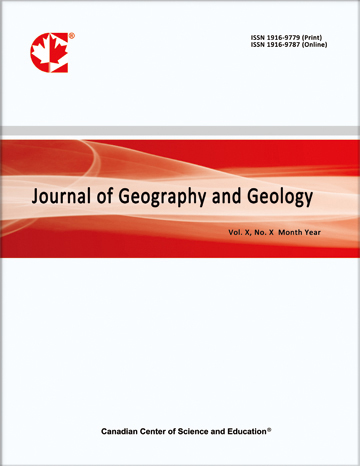Political Economy and Urban Poverty in the Developing Countries: Lessons Learned from Sudan and Malaysia
- Yasin Abdalla Eltayeb Elhadary
- Narimah Samat
Abstract
The number of people living in towns has increased very rapidly particularly in the developing countries due to massive rural urban migration as well as natural population growth. Significant increase of urban population in a short span of time has created various problems including inequality in provision of social services, decline in farming activities, and increase number of urban poor. In countries like Sudan and Malaysia, rapid urbanization and high cost of living has pushed urban dwellers particularly the vulnerable group into deep poverty. Despite this fact, less attention is paid to the urban poor and most of international and national aid agencies are focusing on rural poverty. This paper, therefore, aims to contribute to the discussion of the issue of urban poverty in the developing countries, taking Sudan and Malaysia as examples. The objective is to highlight the current situation of urban poverty with particular emphasis on its pattern, causes, and the policies adopted by both countries to eradicate poverty. The use of the political economy approach has come out with the suggestion that urban poor in developing countries has been impoverished by ineffective economic policies developed abroad as well as at national level. Despite the effort made to eradicate poverty, there is an urgent need to address issues like food insecurity, socio-economic inequality and regional disparities.
- Full Text:
 PDF
PDF
- DOI:10.5539/jgg.v4n1p212
Journal Metrics
(The data was calculated based on Google Scholar Citations)
Google-based Impact Factor (2018): 11.90
h-index (January 2018): 17
i10-index (January 2018): 36
h5-index (January 2018): 13
h5-median(January 2018): 15
Index
- BASE (Bielefeld Academic Search Engine)
- Bibliography and Index of Geology
- CiteFactor
- CNKI Scholar
- Educational Research Abstracts
- Excellence in Research for Australia (ERA)
- GeoRef
- Google Scholar
- LOCKSS
- NewJour
- Norwegian Centre for Research Data (NSD)
- Open J-Gate
- PKP Open Archives Harvester
- SHERPA/RoMEO
- Standard Periodical Directory
- Ulrich's
- Universe Digital Library
- WorldCat
Contact
- Lesley LuoEditorial Assistant
- jgg@ccsenet.org
